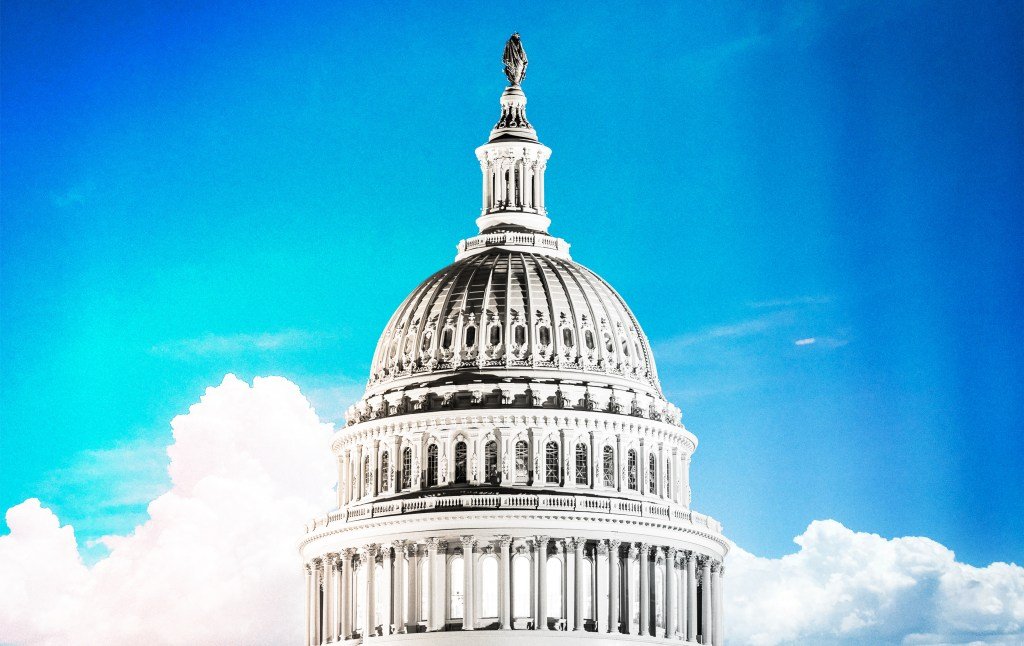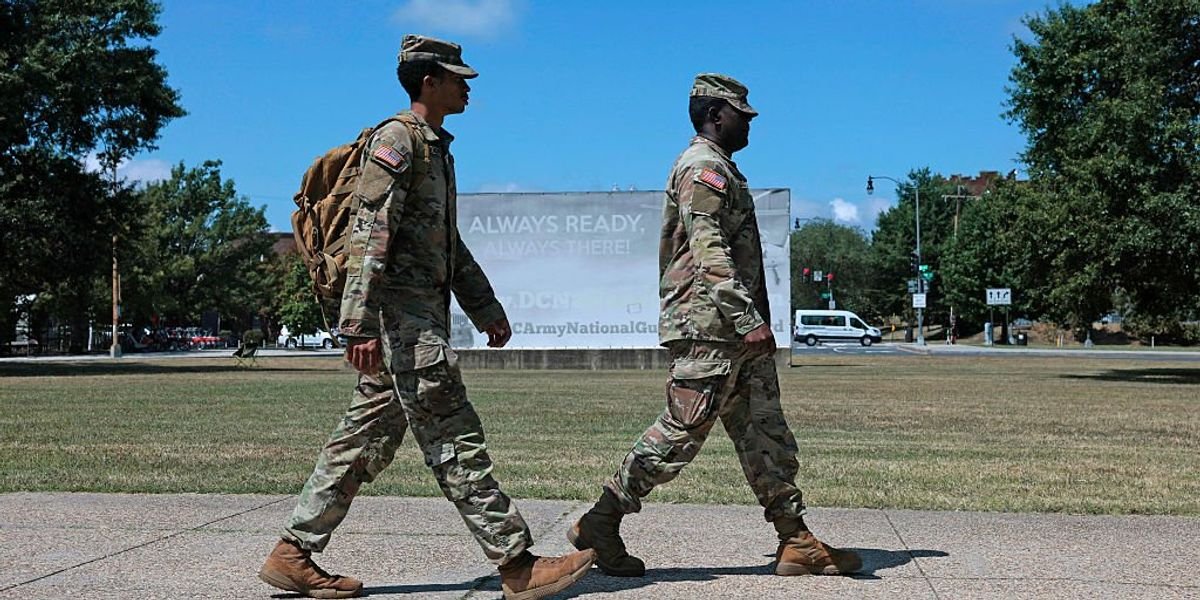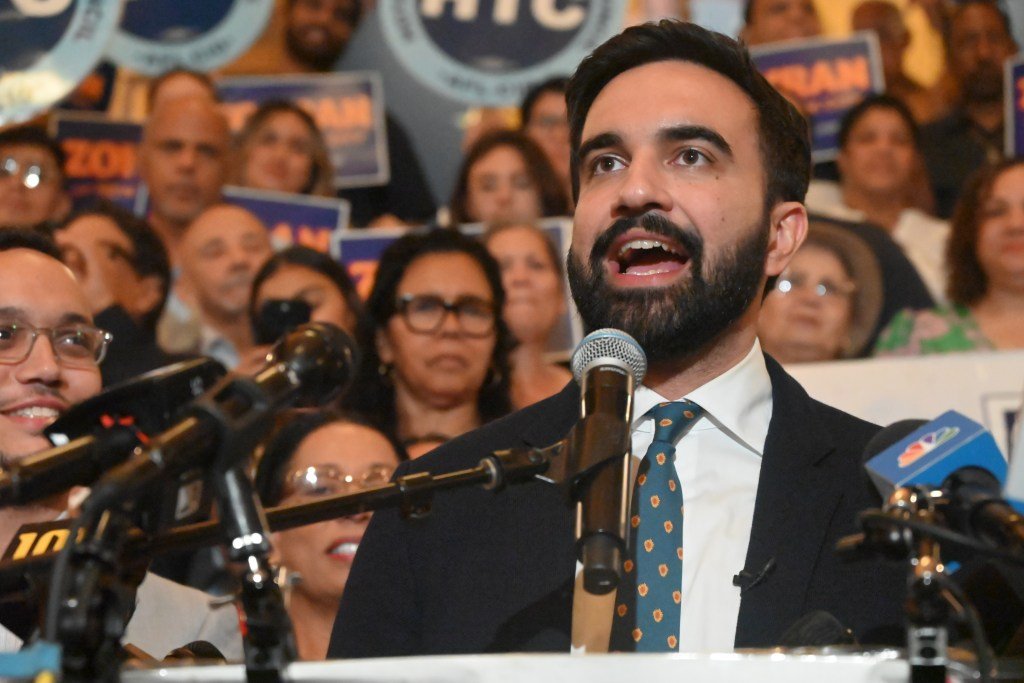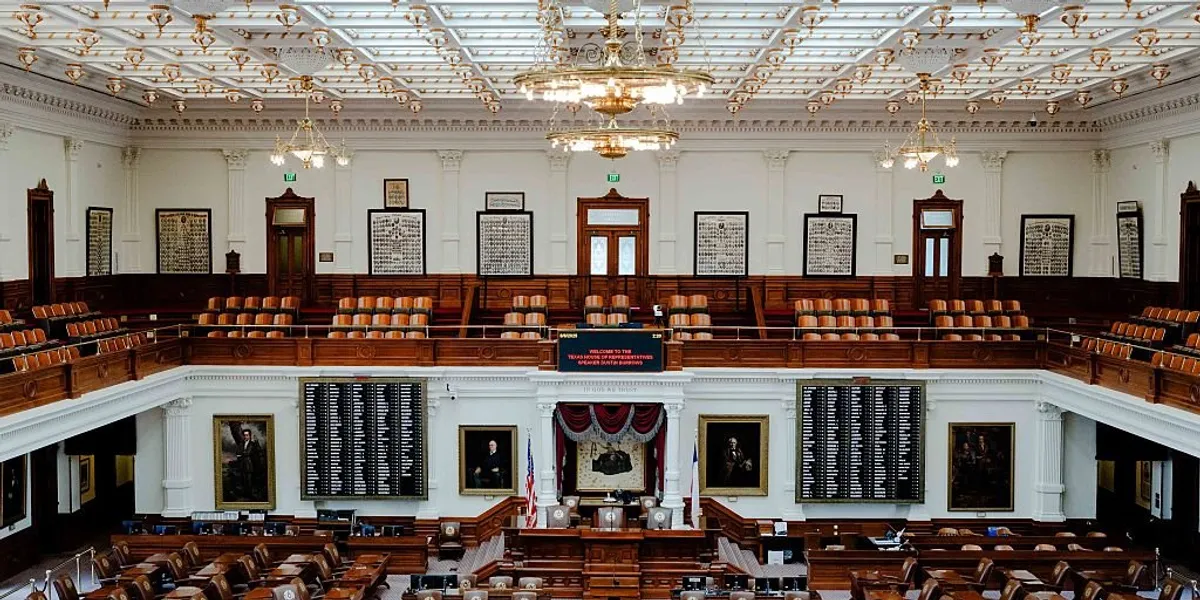
When I landed in Washington, D.C., for my summer internship on Capitol Hill—I did this in May and June, and started at The Dispatch in July—I had a few rookie worries: business professional or business casual? Where exactly do I walk in on day one without looking completely lost? What if I accidentally get into an elevator with a senator? Still, one thing I was pretty sure about was that I spoke English.
That confidence took a hit in my very first meeting, when someone said we’d “circle back,” someone else mentioned “synergy,” and a third person wanted to “bump this to the top of the funnel.” I smiled. I nodded. And 15 minutes later, I was frantically Googling in a bathroom stall.
Turns out that was just the beginning. Over the summer, I collected a running list of phrases, acronyms, and buzzwords I nodded along to but only later decoded. I know I’m not alone: Nearly every intern I met had their mental dictionary and moments of quiet confusion. Here’s my unofficial guide to the language of Capitol buzzwords, where sounding fluent is half the battle.
Acronyms you’re supposed to know.
Buzzwords (and phrases) that deserve a gold medal.
The implicit meaning of all of these phrases together is that language in D.C. isn’t just about clear communication—it’s a way of maintaining insider status. The jargon, acronyms, and buzzwords form a kind of code that can make even well-informed outsiders feel out of step until they learn the lingo.
Of course, insider lingo isn’t unique to Washington. Every place, from small towns to large cities, has its special way of communicating. But in the nation’s capital, where the decisions of some affect the lives of all, it’s worth considering how these linguistic barriers can block people from understanding and engaging with the democratic process. Indeed, those who campaign on bringing in outsiders and “draining the swamp” are responding to the reality that D.C. can be tough for anyone who doesn’t already speak its language. Mastering the jargon is often the first step to being taken seriously—but it also highlights how much effort is needed to make the system more accessible to all Americans.
By week 11, I stopped racing to the bathroom to Google terms and started building a mental glossary. I even found myself saying things like “mission critical” or “square the circle”—proof that D.C.’s language is contagious. While I’m still learning to nod with confidence while decoding in real time, I’ve realized this: In D.C., sounding like you know what you’re doing is half the battle. The other half? Having the courage to ask, or Google, afterward.



